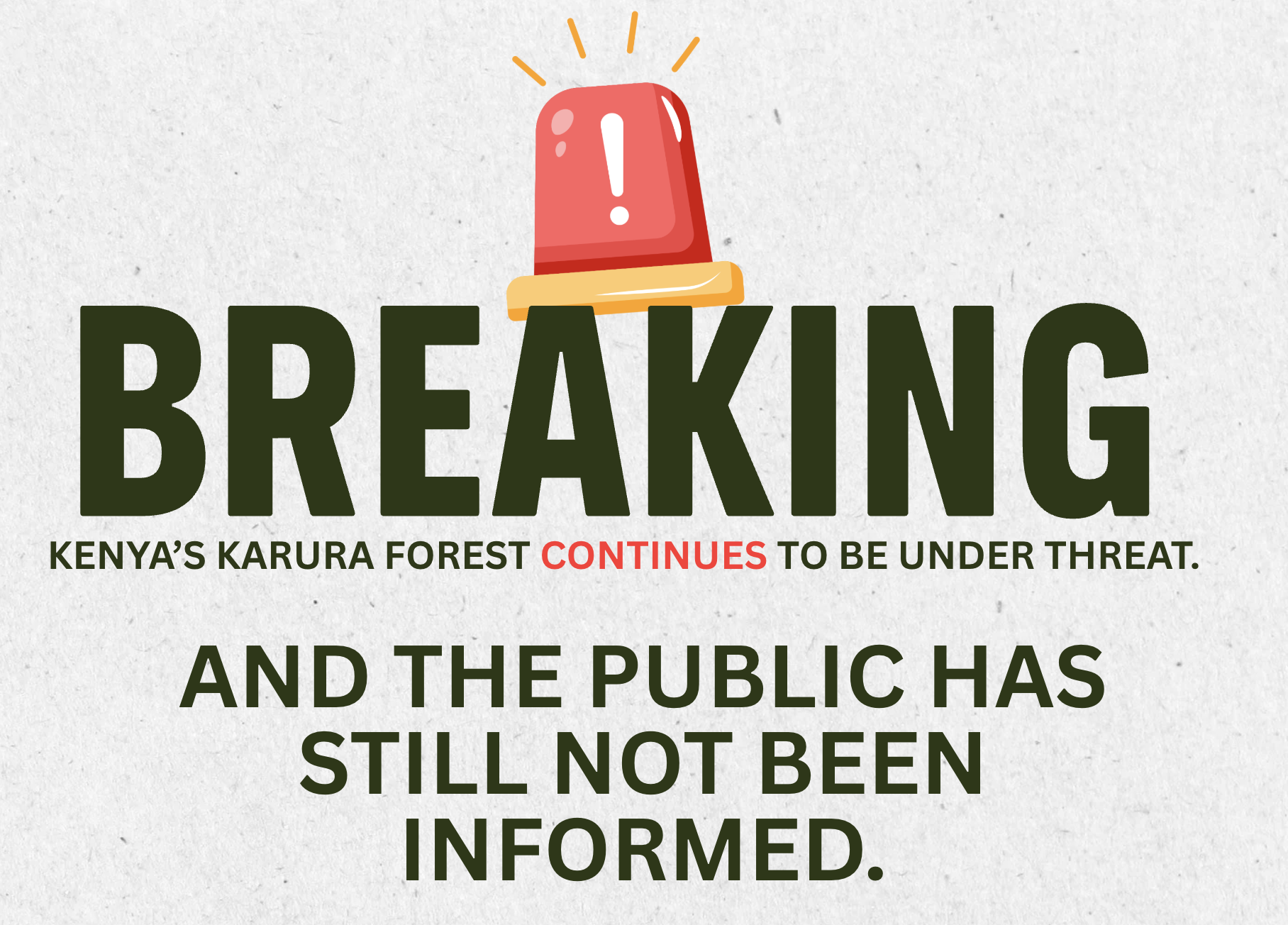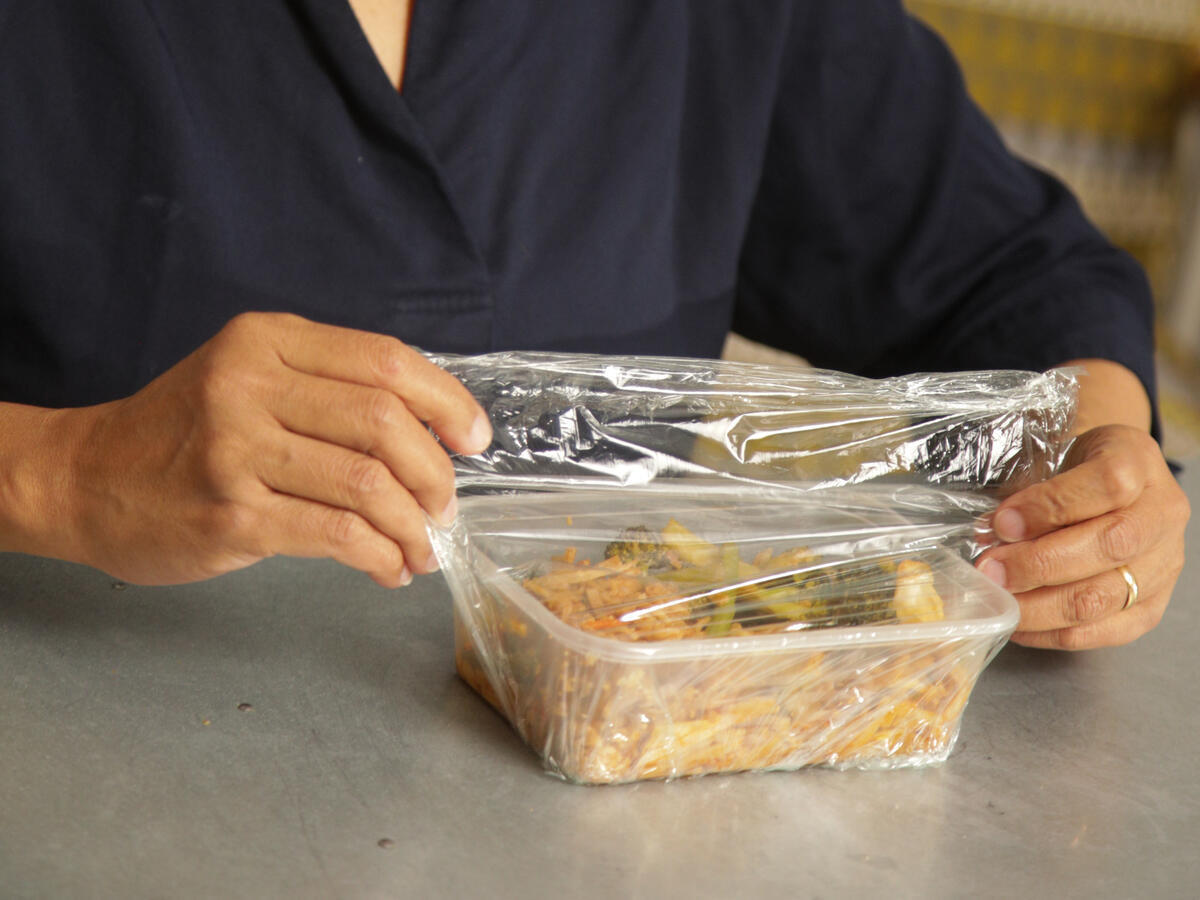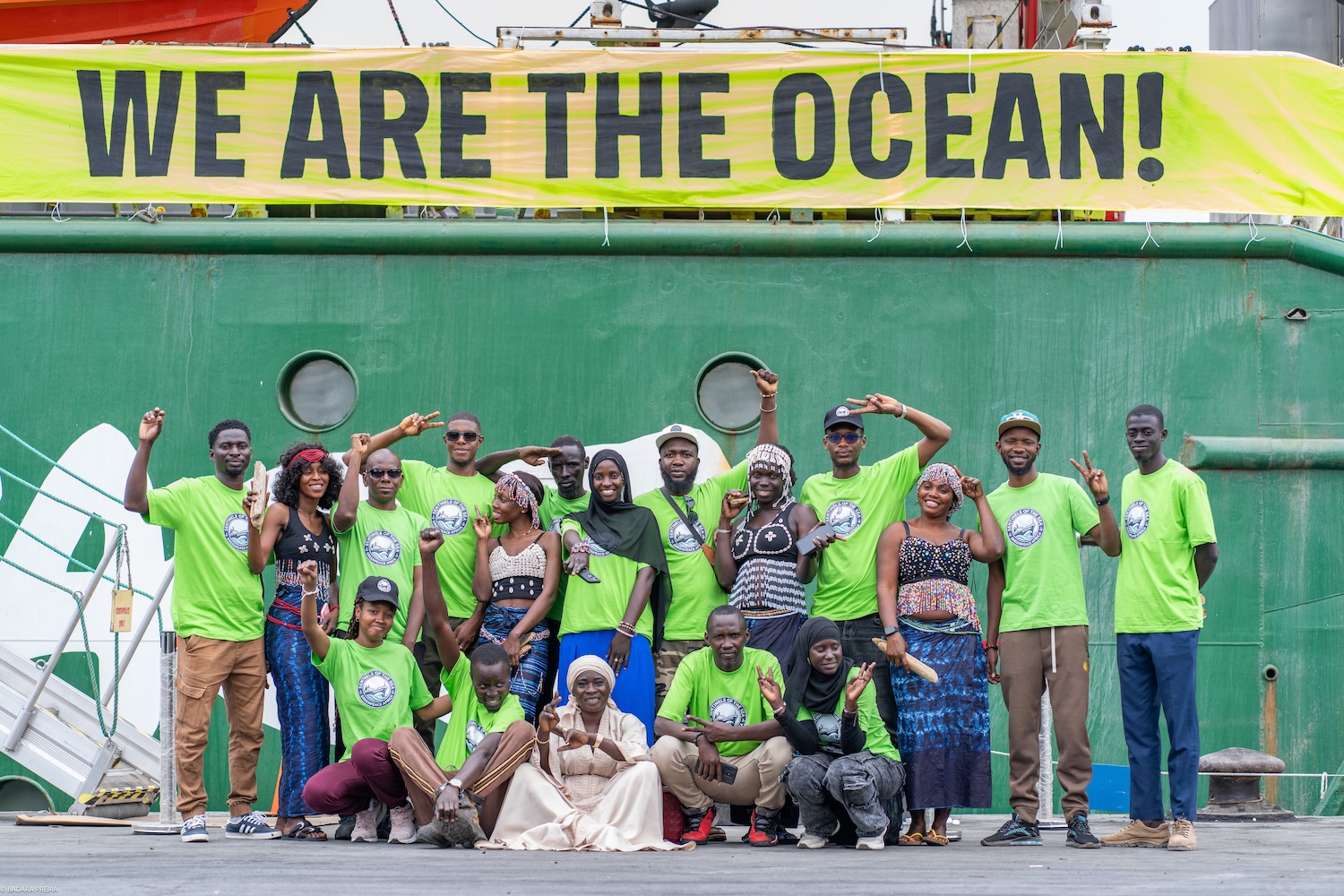Brazzaville, Republic of Congo – June 3, 2025 – In a show of unity, Indigenous Peoples and Local Communities (IPLCs) from the world’s largest tropical forest basins, the Amazon, Congo, Borneo-Mekong-Papua and Mesoamerica, have concluded their first-ever global congress with an urgent call for protection, recognition and respect for the forests as well as the provision of direct access funds for the communities.
These four regions, often described as the lungs of the planet, are home to over two-thirds of the Earth’s remaining tropical forests and serve as critical carbon sinks in the fight against climate change. They also host immense biodiversity and provide life-sustaining ecosystems for hundreds of millions of people. At the heart of these forests are Indigenous Peoples and local communities who are the custodians of these forests having protected and lived in harmony with these ecosystems for generations.
Over five days in Brazzaville, the forest custodians from across South America, Central Africa, Southeast Asia, and Mesoamerica came together to share experience and knowledge, place the spotlight on their struggles, and unite their voices. The congress culminated in a joint declaration demanding urgent global actions to protect their land rights and traditional knowledge, and their informed consent in decision-making, and ensure direct access to finance.
Greenpeace proudly stood in solidarity with these communities, calling for concrete measures to recognize and support Indigenous People’s leadership in forest protection, biodiversity restoration and the fight against climate change
“What we witnessed in Brazzaville was more than a gathering, it was a unified awakening,” said Dr. Lamfu Yengong, Forest Campaign Lead at Greenpeace Africa. “This congress laid the ground for an emerging global alliance rooted in ancestral wisdom, justice, and the urgency of climate action. The road to COP30 must now consider those voices that have long been ignored”.
“This congress was a historic moment for Indigenous Peoples and local communities from the major forest basins to unite and shape a common vision for transformative change in national and international policies on forest protection, land rights, and direct access to finance. We echo their call: respect, recognize, and protect their rights—not only as a call for justice, but as a condition for the planet’s survival.” said Bonaventure Bondo, Forest Campaigner at Greenpeace Africa.
“Our knowledge and stewardship are central to the health of the planet,” added Valentine Engobo, an Indigenous leader from Lokolama in the Congo Basin. “We look forward to seeing these commitments translate into tangible actions, especially at COP30, where our voices must be heard and our rights recognized.”
From the Amazon to the Papua, Indigenous leaders echoed a resounding message: protecting forests means respecting the people who protect them.
“Indigenous Peoples are the true custodians of the Amazon rainforest,” said Romulo Batista, Senior Campaigner at Greenpeace Brazil. “We call on world leaders to honour their role in combating climate change and protecting our territories.”
“This first congress leaves a great legacy, which is the dialogue and articulation at a global level of Indigenous Peoples and local communities,” said Mario Nicacio, Member of the supervisory board of the Podaali Indigenous Fund. “While discussing common problems, we discussed solutions, access to natural resources, our territories and access to direct funding for our funds and organisations.”
“The Borneo-Mekong and Papua’s forests are vital to climate stability,” said Amos Sumbung, Forest Campaigner at Greenpeace Southeast Asia. “But our communities can’t do it alone, We need genuine international backing.”
“This is just the beginning,” said Troyanus Kalami, an Indigenous leader from Moi, in the Papua region. “Our territories must be respected, and our wisdom must help shape the future of global climate solutions.”
The congress culminated in a historic Declaration, a collective document outlining the priorities, demands, and commitments of these communities in response to the escalating climate and biodiversity crises. The Declaration urgently calls for the legal recognition and protection of Indigenous territories, direct financing for local communities, and full participation in environmental and climate governance. Here are the key outcomes of the final Declaration:
- Territorial Recognition and Protection – A global call for governments to legally recognise and uphold Indigenous land rights, including for peoples in voluntary isolation
- End to Criminalisation and Violence – A strong appeal for an international convention to protect environmental human rights defenders and to stop persecution of Indigenous leaders
- Full and Effective Participation – A demand for the inclusion of women, youth, and community representatives in climate and environmental decision-making processes
- Direct and Transparent Financing – A request for at least 40% of climate and biodiversity finance to go directly to Indigenous and local community organisations, without intermediaries
- Moratorium on Destructive Activities – A demand to halt fossil fuel extraction, large-scale agribusiness, and mining projects on Indigenous lands
- Call to Global Action Towards COP30 – A formal request for the President of the Republic of Congo to host a high-level dialogue among forest basin countries during COP30
Greenpeace Africa affirms that this congress marks a watershed moment, serving as a turning point in the struggles of Indigenous Peoples and local communities not to be sidelined any longer in decision-making but recognised as custodians and leaders of global forest protection and climate action.
END
Contacts
Raphael Mavambu, Media and Communications, [email protected], Greenpeace Africa



